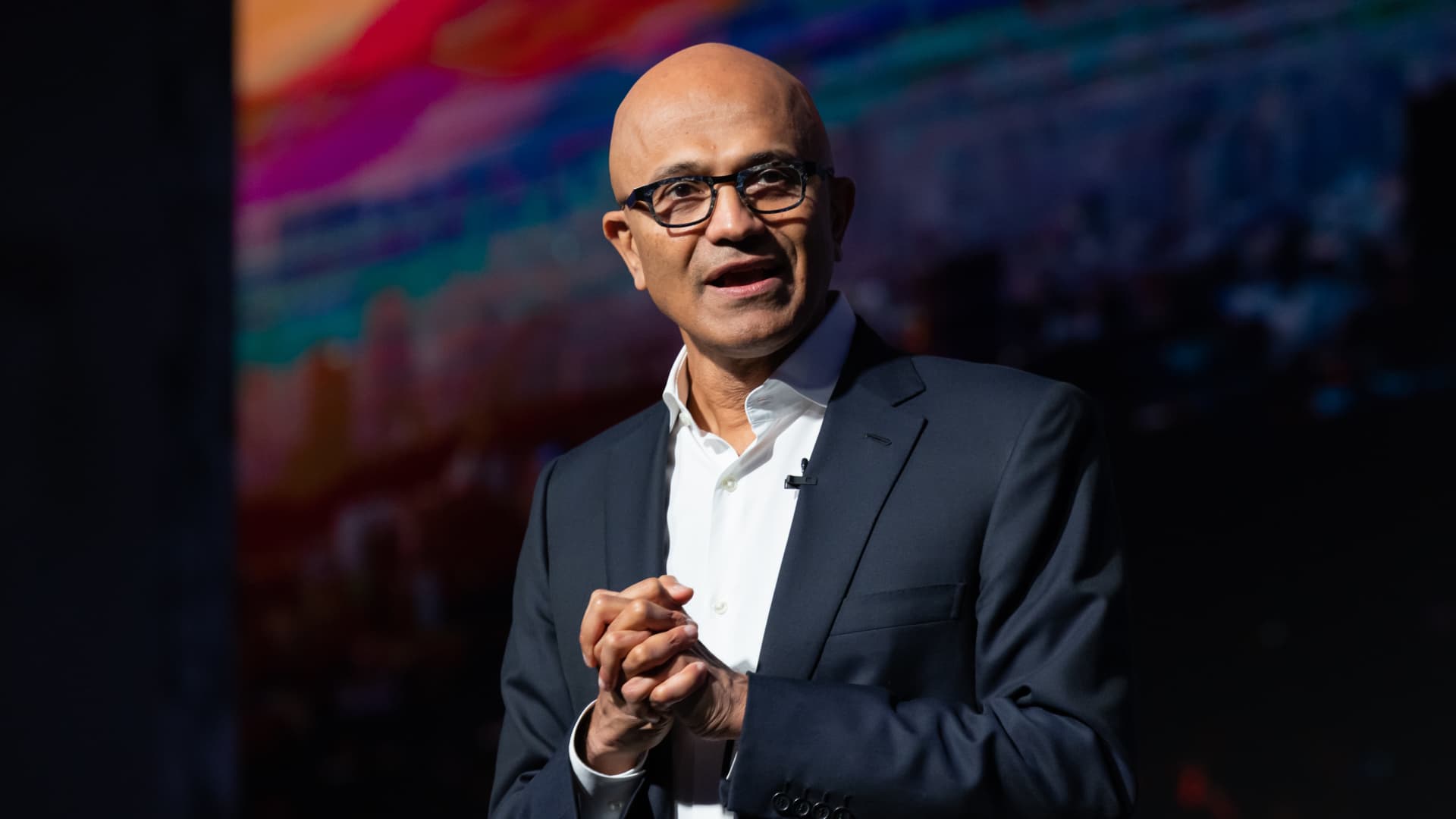
Microsoft CEO Satya Nadella speaks at the company’s Ignite Spotlight event in Seoul on Nov. 15, 2022.
SeongJoon Cho | Bloomberg | Getty Images
Microsoft announced on Monday a new multiyear, multibillion-dollar investment with ChatGPT maker OpenAI.
Microsoft declined to provide a specific dollar amount. Semafor reported earlier this month that Microsoft was in talks to invest $10 billion.
The deal marks the third phase of the partnership between the two companies, following Microsoft’s previous investments in 2019 and 2021. Microsoft said the renewed partnership will accelerate breakthroughs in AI and help both companies commercialize advanced technologies in the future.
“We formed our partnership with OpenAI around a shared ambition to responsibly advance cutting-edge AI research and democratize AI as a new technology platform,” Microsoft CEO Satya Nadella said in the release.
OpenAI works closely with Microsoft’s cloud service Azure. In July 2019, Microsoft backed OpenAI with $1 billion, and the investment made Microsoft the “exclusive” provider of cloud computing services to OpenAI. Microsoft said Azure will continue to serve as OpenAI’s exclusive provider.
Microsoft’s investment will also help the two companies engage in supercomputing at scale, and create new AI-powered experiences, the release said.
OpenAI is ranked by AI researchers as one of the top three AI labs worldwide, and the company has developed game-playing AI software that can beat humans at video games like Dota 2. However, it’s arguably received more attention for its AI text generator GPT-3 and its quirky AI image generator Dall-E.
ChatGPT automatically generates text based on written prompts in a fashion that’s much more advanced and creative than the chatbots of Silicon Valley’s past. The chatbot debuted in late November and quickly turned into a viral sensation as tech executives and venture capitalists gushed about it on Twitter, even comparing it to Apple’s debut of the iPhone in 2007.






